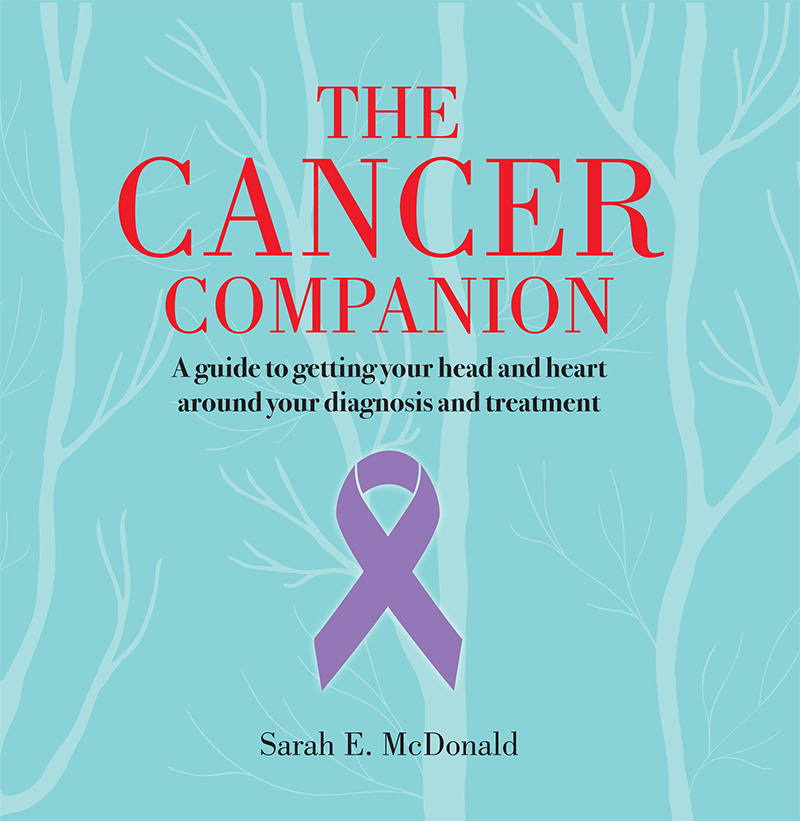NEW BOOK!
The Cancer Companion
A guide to getting your head and heart around your diagnosis and treatment
Freaking out is okay. And normal.
A cancer diagnosis is devastating. It’s news none of us wants to hear. And learning how to react can seem tougher than fighting the disease. This book helps those recently diagnosed – and their loved ones – work through the panic, information overload, and life priority shifts that accompany a cancer diagnosis.
Are you feeling like no one understands what you’re going through?
Do you know someone recently diagnosed and want to help?
Would you like to know how cancer treatments feel, both physically and emotionally?
I looked for a practical guide to help me when I was first diagnosed. I couldn’t find one.
I wrote this book for you. And me. For all those newly-diagnosed and lost. It’s designed to help you make sense of it all; to give you back a sense of control when your mind is spiraling.
I am so sorry you are here. But, sadly, you are. Let me help.

Where You Can Buy It
Pre-order on Amazon!
Available at all your favorite book sellers on April 8, 2025
This book can be your companion on your journey.
My goal with this book is to help you start to get your head around your diagnosis and provide you some guidance on your journey. It’s the stuff I would speak with you about if we met and had coffee (or, probably more appropriately, a cocktail or a whole bottle of wine) together. It is a high-level overview of cancer – a starting point on your journey.
I am so very sorry you are going through this. I know it must be hard. These pages are designed to help you better understand the issues and possible scenarios you will encounter as you begin mapping out plans to overcome this disease. I am not here to tell you how to “do” cancer, I am simply hopeful that this book makes your journey a little easier…